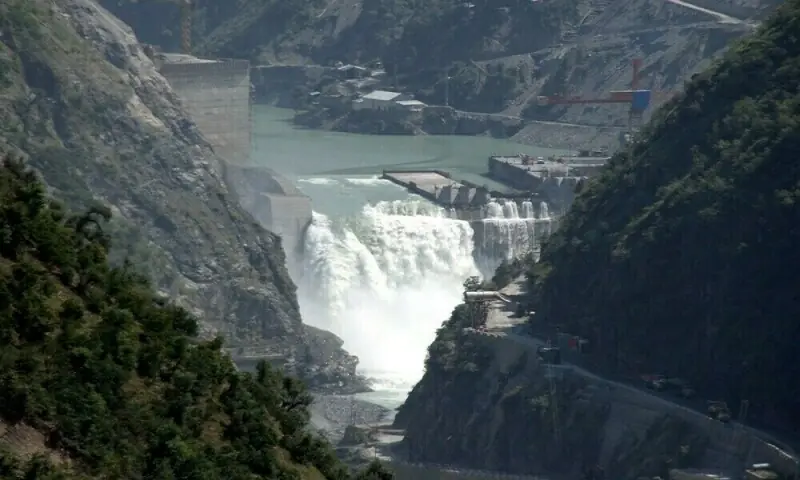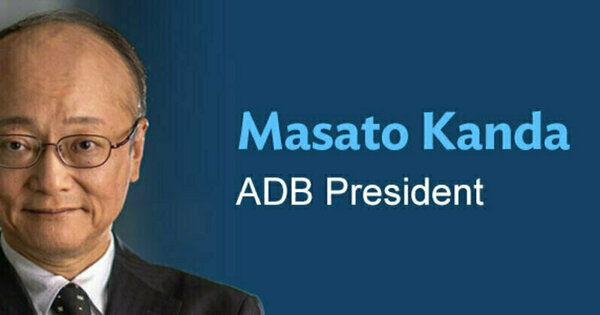By Dr Farid A Malik
Copyright brecorder

It is widely believed that ‘An ounce of prevention is better than a pound of cure’. There are sixteen ounces in a pound. To understand the saying better it needs to be converted into the prevalent metric system. It comes to one kilogram (kg) of prevention is better than sixteen kgs of cure.
In Quality Management there is a golden rule, ‘Corrective action must lead to preventive measures’. Unfortunately, in the land of the pure the approach is opposite. Focus is on grabbing the pound as no one is interested in the ounce, mainly because the bigger the pie the bigger the opportunity to skim by over-invoicing the expenses.
To come out of this malaise, a major course correction is required, which no one has the courage to fight for. Those who try are made to suffer. It is projected as a way of life in the Islamic Republic of Pakistan. Recently, the nation celebrated the birth of the Holy Prophet (PBUH) while his conduct is mostly overlooked. In the words of Iqbal, ‘The covenants (Code of Shariat) that were ignored by us were all picked up by the West ‘. While our ignorance continues to hurt us, their enlightenment has taken them to heights.
It is all about prevention and preservation. All man-made systems must be maintained. Corrections are needed which then lead to preventative mechanisms. To avoid breakdowns, preventative maintenance is required. Unfortunately, this approach is non-existent in most developing countries.
Floods have become a regular feature in the land of the pure as both these approaches of prevention and preservation are largely ignored with rampant abuse which ultimately leads to the wrath of nature. Rivers must flow for which the beds must be kept clear of all obstructions, which calls for strict preservation. Forest covers are required. Powerful technologies have been developed to cut trees for human consumption.
Focus on re-planting is minimal. Those who cut must be tasked to re-plant; it is a standard practice in the Western countries. A few years back I was involved in a project to preserve the Juniper trees in Ziarat area of Balochistan. This rare specie was being used as firewood to cook food as no other option was available to the local population. Finally, it was decided to lay a natural gas pipeline to cater to the needs of the people of the area. SSGC (Sui Southern Gas Company) was tasked to provide the much-needed connection.
The rare Junipers are now safe for future generations. Huge deposits of natural gas were discovered in Sui near Dera Bugti area of the province. At 12 TCF (Trillion Cubic Feet) it was considered one of the largest deposits of the world, which should have lasted for a century.
Mismanagement and greed took over; the reserve was depleted in half that time. Today LNG (Liquefied Natural Gas) is being imported from Qatar. While the entire country enjoyed the clean fuel, the province of Balochistan was the last to benefit from this reserve. The city of Peshawar was connected to the huge national gas grid before Quetta the provincial capital.
Today, IRP is the largest importer of tea in the world. Around USD 1 billion; it’s a huge expense. Before the break-up of Jinnah’s Pakistan tea came from East Pakistan. Now it is being imported to cater to the local needs. NTRI (National Tea Research Institute) has been established at Shinkiari near Mansehra. Tea growing areas have been identified in AJK (Azad Jumma & Kashmir) and Swat.
As most forest cover has been lost due to excessive cutting down of trees in the slopes; it is an opportunity to create cover by massive tea plantation there. It will serve dual purpose: provide the much-needed tea leaves and provide green cover at the same time. Model farms have already been established in AJK, now an expansion is required to both preserve nature and provide the much-needed cup of tea both green and black. The technical know-how, plants and the area are all identified; it is time to put the pieces together to save the much-needed foreign exchange. In a period of 5 to 10 years the Islamic republic can be made self-sufficient in this area.
The Indus Water Treaty (IWT) must be revisited to restore the lost rivers (Ravi, Sutlej, Beas). Focus should be on preservation of nature, not its control and manipulation. Exploitation of nature must be carefully planned; it must not be over-done as has been the case. Nowhere in the world has any country surrendered its river through a treaty.
It is against the basic dictates of nature with obvious results that we currently face today.
On one end there is sea incursion due to poor outflow of water and on the other, there is flooding. Only an ounce of prevention can help. While huge storage areas can be developed to meet the water needs, power generation can be carried out with run-of-river plants.
The focus must be on prevention and preservation. Short-term, greed-driven projects are neither viable nor affordable. The term most widely used for reservoirs is ‘Monkey Cheeks’. The smart animal stores food in its cheeks to be consumed later as and when appropriate. As humans, I am sure we can do better than that by not challenging or taming nature, rather preserving and respecting it.
No wonder it is rightly called Mother Nature, the fountain of life on earth. Going against the dictates of mother always has serious ramifications which must be avoided by adopting the prevention and preservation course. Ounces can be sixteen times more effective than pounds; it is the lesson of history.
Copyright Business Recorder, 2025



